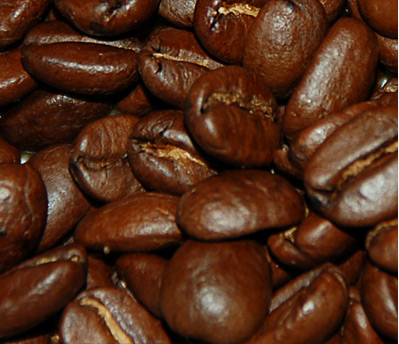
Those of us hooked on our daily shot of caffeine may want to know how ethically our coffee beans and tea leaves arrived in our cups. Once we’ve sipped our daily drink, we don’t think much about how much more socially responsible it can be other than how recyclable our vessel is. But there is one additional step we can take with our coffee and tea, and that’s composting the leftovers. Here are some tips to help you get the most out of your grinds and leaves:
- Store your coffee grinds in a coffee can until you have a sizable amount, and then add them when repotting plants. This helps to retain moisture and add nitrogen to the soil. In the garden you can compost with coffee grinds to lure worms that improve your soil.
- Coffee grinds also help fight slug and ant problems. Just scatter them around the plants that the pests are attracted to, and you have an earth-friendly pesticide.
- You can also compost your used tea leaves. Simply sprinkle them on your plants, both indoors and outdoors, to add nutrients to soil.
- Both coffee filters and teabags break down quickly while composting, so don’t be afraid to use them. They may take longer to decompose, but they still work. Just try to buy filters and teabags made from unbleached paper, which is better for the environment and your plants.
 Those of us hooked on our daily shot of caffeine may want to know how ethically our coffee beans and tea leaves arrived in our cups. Once we’ve sipped our daily drink, we don’t think much about how much more socially responsible it can be other than how recyclable our vessel is. But there is one additional step we can take with our coffee and tea, and that’s composting the leftovers. Here are some tips to help you get the most out of your grinds and leaves:
Those of us hooked on our daily shot of caffeine may want to know how ethically our coffee beans and tea leaves arrived in our cups. Once we’ve sipped our daily drink, we don’t think much about how much more socially responsible it can be other than how recyclable our vessel is. But there is one additional step we can take with our coffee and tea, and that’s composting the leftovers. Here are some tips to help you get the most out of your grinds and leaves: